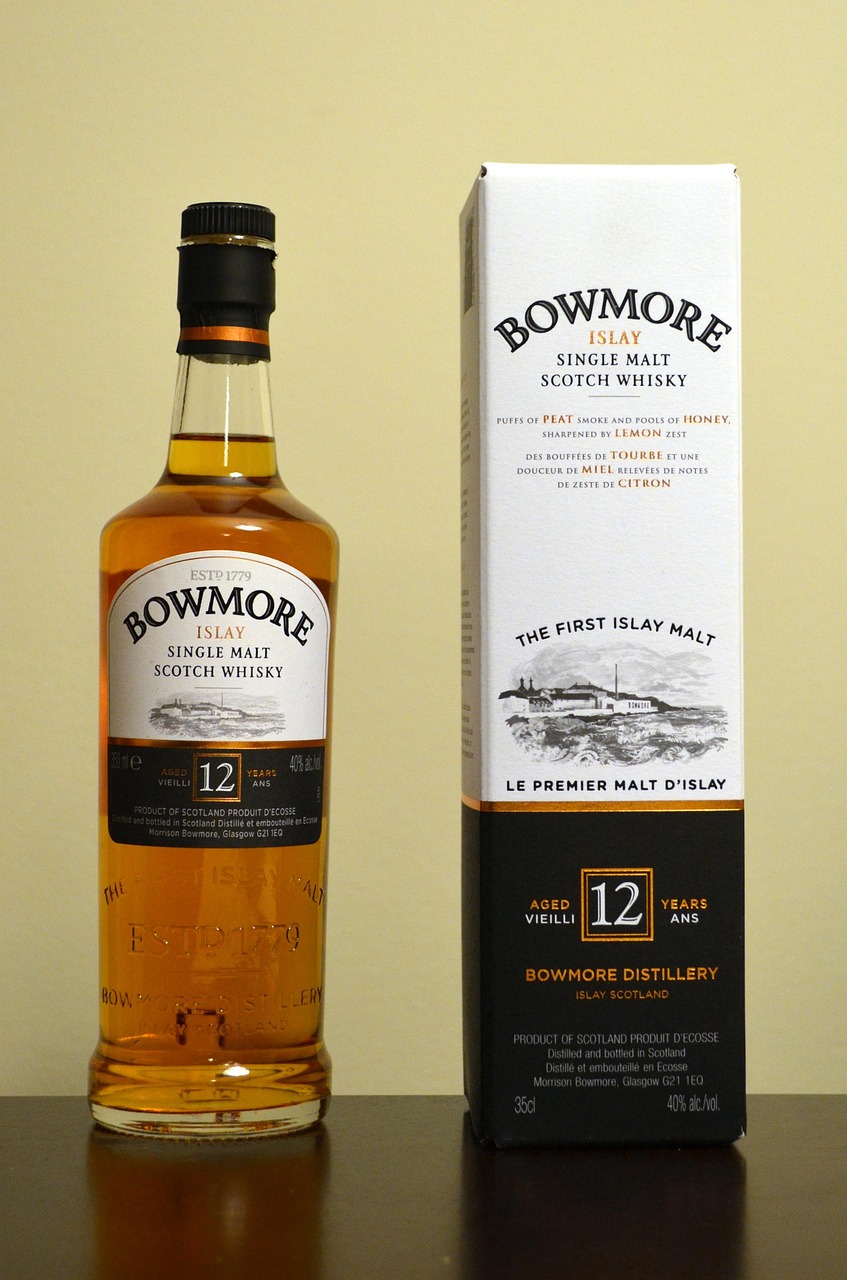Loch Lomond Group Strengthens U.S. Position with New Distillery Acquisition
The Scottish whisky producer Loch Lomond Group has officially acquired New York Distilling Co., a Brooklyn-based distillery known for its craft spirits. This move marks a significant step in expanding Loch Lomond Group’s presence in the growing U.S. market for premium whiskey and craft spirits.
A Strategic Move into the American Market
As part of the acquisition, Loch Lomond Group aims to tap into the booming American spirits market while enhancing its international reputation. Known for its portfolio of Scotch whiskies, including Loch Lomond, Glen Scotia, and Littlemill, the company is aiming to blend traditional Scottish distilling expertise with the innovation already established by New York Distilling Co.
Located in Brooklyn, New York Distilling Co. has built a reputation for distinctive, small-batch spirits, including its popular rye whiskeys. The acquisition not only brings a new production facility into Loch Lomond Group’s international operations, but it also opens direct access to U.S. consumers. This aligns with broader movements in the spirits industry where brands are increasingly seeking global footprints and localized production capabilities.
Boosting Production and Innovation
The Brooklyn facility will play a key role in creating new expressions tailored for the U.S. market. While Loch Lomond has been exporting for years, having an on-the-ground presence allows for more flexibility and experimentation in product development.
This cross-continental integration may lead to unique spirit blends inspired by both Scottish and American traditions. Furthermore, it gives Loch Lomond Group the ability to create limited editions and American-exclusive releases, helping to build a more personalized relationship with U.S. customers.
Continuing a Legacy of Craftsmanship
New York Distilling Co. was founded with an eye on heritage and quality. Its rye whiskey and distinctive gins have gained attention across the U.S., and that craftsmanship will continue under Loch Lomond’s stewardship. By maintaining the brand identity and production standards of New York Distilling Co., the Scottish company shows its commitment to quality and authenticity.
Expanding Global Reach
Loch Lomond Group has been expanding worldwide, and this acquisition is part of its continued international growth strategy. Previously focusing on Europe and Asia, the U.S. now plays a central role in the company's future plans.
A representative from Loch Lomond Group stated that this strategic investment not only builds capacity but also reinforces its mission to bring high-quality, innovative whisky to markets around the world. The group’s expansion also comes amid a rising demand worldwide for craft and premium spirits — a trend that analysts expect will continue over the next decade see global forecast data from the Distilled Spirits Council of the United States target="_blank".
What Comes Next?
The newly acquired Brooklyn facility is expected to remain fully operational, with a focus on innovation and regional growth. Consumers can look forward to collaborative releases that leverage Loch Lomond’s aged whisky stocks and New York Distilling Co.’s experience in North American styles.
This acquisition signals a continuing trend in the spirits industry, where legacy producers are increasingly looking to international partnerships and ownership to stay competitive and agile in a saturated market.
Common Questions About the Acquisition
Who owns Loch Lomond Group?
Loch Lomond Group is owned by Hillhouse Capital Management, a private investment firm based in Asia.
Will New York Distilling Co. products change?
Current product lines are expected to continue, with an added focus on innovation through new expressions under Loch Lomond Group’s ownership.
What does this mean for U.S. consumers?
It gives American whisky lovers more direct access to Loch Lomond Group's portfolio and increases the likelihood of exclusive U.S.-only releases.
Is this part of a larger trend?
Yes, more international spirits companies are merging or acquiring foreign brands to expand their reach, improve logistics, and tap into local consumer demand.
